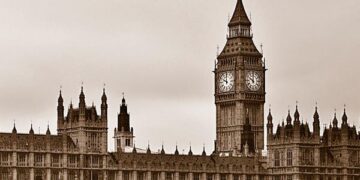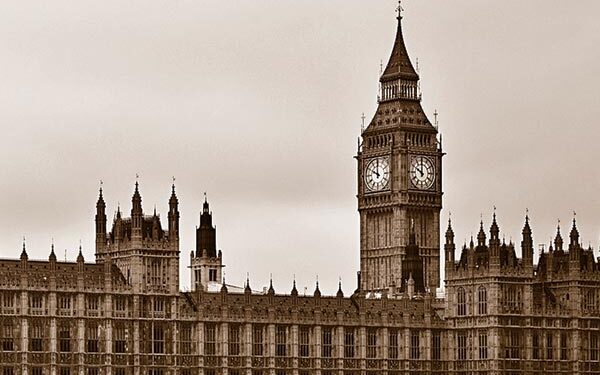The following are the excerpts of the proceeding in the House of Lords on the situation in Ukraine
 It is clear that Ukraine has made some progress in pushing back the invading forces over recent months, but it is also clear that the conflict is nowhere near over
It is clear that Ukraine has made some progress in pushing back the invading forces over recent months, but it is also clear that the conflict is nowhere near over
Lord Stirrup (CB)
My Lords, I too welcome this overdue opportunity to continue the debate on the courses and potential consequences of Russia’s illegal invasion of Ukraine and of the horrific war that has been raging there for over a year and a half.
It is clear that Ukraine has made some progress in pushing back the invading forces over recent months, but it is also clear that the conflict is nowhere near over. As I said in our debate on 9 February, “offensive action to retake and hold ground is a very different proposition from mounting a defence against the kind of unco-ordinated and poorly led attack that we saw from Russian forces last summer”.
The ability to manoeuvre sizeable units with concentrated firepower, to clear obstacles, both natural and manmade, and to co-ordinate different force elements are all significant challenges to any military, particularly in the absence of air superiority. Of course, the offensive forces need extensive logistical support, technical capabilities and, crucially, significant weapons stocks.
Meanwhile, both sides in this war have learned important tactical lessons from their respective successes and failures. Both sides have demonstrated their resolve to sustain their military efforts over the long term and both sides have reasons to hope for a successful outcome. In the case of Ukraine, sustained financial and logistic support from the West, combined with local innovation, adaptability and enormous courage, have shown the world that Russia is hard pressed just to sustain its illegal gains to date, let alone increase them. But the very things that have benefited Ukraine have also, paradoxically, given the Russian leadership reasons for hope. Their calculus is that a protracted campaign will become increasingly unpopular in the West and that the political will to sustain the financial and materiel costs will erode over time, with a consequent weakening of Ukraine’s military ability to resist. Putin no doubt believes that a Republican—not just a Trump but any Republican—victory in next year’s American election could be very helpful in that regard.
Western strategy
All of this underlines the importance of a Western strategy for the support of Ukraine over the long term and, in particular, of Europe developing a sufficiently robust military and industrial capacity to underpin such support. This means substantially increased investment within Europe. Such investment has been talked about in a number of countries, but in many ways, it has not yet materialised. It will, of course, be difficult to deliver in the current economic circumstances, but a failure to deliver it will have far worse consequences, so we must sustain the pressure and set an example in this regard.
There are, I know, some that cling to the hope that an early political settlement can be reached in Ukraine and that this will obviate the need for such a long-term commitment. There are many who hope that such a settlement will then enable a return to the status quo ante bellum—that life can somehow return to normal. They are all of them deceived. …
…Attacks must never be directed against civilians. Unintended civilian harm must always be proportional to the anticipated military advantage, and appropriate care must be taken to spare the civilian population as much as is feasible….
In March this year, the International Criminal Court issued an arrest warrant for Vladimir Putin on charges of the abduction of children—the first time such action has ever been taken against a Head of State of a UN P5 nation. Yet there is no prospect of Putin or any of his henchmen appearing in court. Russia has quite deliberately and unashamedly flouted the law of armed conflict in just about every respect…
President Zelensky has claimed that Ukraine is fighting not just to protect itself but to lessen the risks of illegal aggression elsewhere. He is of course right. That is one of the many powerful reasons why we must support his country in its struggle. … The West must respond accordingly. It must impose an appropriate cost on Russia.
That will inevitably have long-term consequences for international relations. There can be no return to the status quo ante bellum. I ask the Minister to confirm that the Government will continue the efforts that have already begun to document and publicise Russia’s abhorrent actions…
The conflict in Ukraine has much further to run, but Ukraine will be successful if we hold our nerve and steel ourselves for the long haul. European nations, in particular, must up their efforts in security terms… We have a responsibility not just to ourselves but to future generations to ensure the survival of the legal safeguards that our predecessors set on conflict, which were won only after untold bloodshed and are crucial if we are not to see a widespread return to such suffering.
















